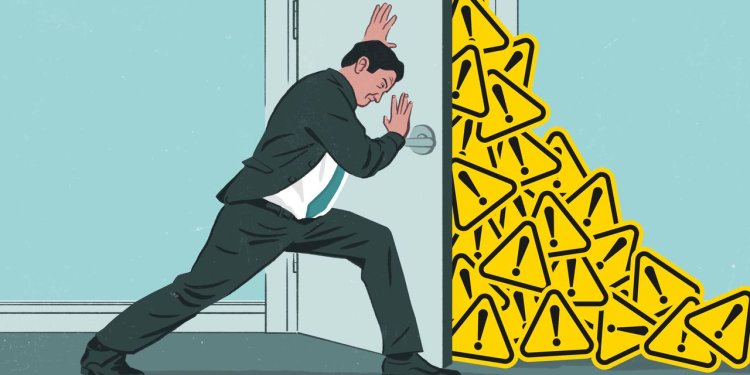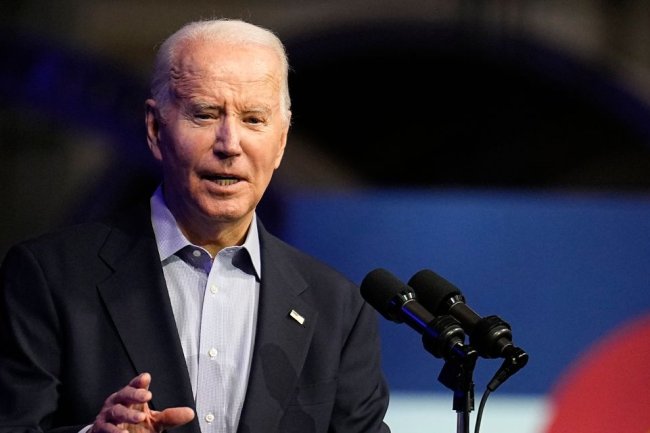Timing of Medical-Device Recalls Linked to CEOs’ Ownership Stake in the Company
Researchers also found that the longer the delay, the bigger the penalty in the stock market Researchers found that the more stock a CEO owns in a company, the slower a medical-device recall tends to be. Rob Dobi Rob Dobi By Suman Bhattacharyya July 30, 2023 10:00 am ET CEO stock ownership might play a role in delays of medical-device recalls. A new study suggests that there is a correlation between the percentage of shares a company’s chief executive has and the speed at which the company initiates recalls of medical devices. In essence, the more shares, the slower the recall. “The greater the CEO stock ownership stake, the slower the recall, and this recall-slowing effect is stronger


CEO stock ownership might play a role in delays of medical-device recalls.
A new study suggests that there is a correlation between the percentage of shares a company’s chief executive has and the speed at which the company initiates recalls of medical devices. In essence, the more shares, the slower the recall.
“The greater the CEO stock ownership stake, the slower the recall, and this recall-slowing effect is stronger for the medical devices with severe defects,” says Jessica Darby, assistant professor of supply chain management at Auburn University’s Harbert College of Business and one of the authors of the study.
The researchers also found that delaying recalls increases the stock-market penalty attributable to the recall.
The researchers analyzed Food and Drug Administration data on 2,144 medical-device recalls across 50 companies from 2002 to 2015. Based on the study’s findings, for example, when looking at a difference of 2 percentage points in the size of stakes held by a CEO, the larger stake was associated with an additional 26 days passing before the recall was issued.
Companies often decide to recall medical devices long after they become aware of a possible problem. Much of this is due to internal requirements: Firms need to identify potential problems; gather information and make recommendations; and allow time for executives to deliberate on them.
The average delay for all medical-device recalls in the study from identification of a problem to announcement of a recall was 99 days, with delays averaging 102 days for recalls in Classes I and II, which are for product flaws that can cause illness, serious injury or death. By contrast, recall delays averaged 62 days for Class III recalls, which involve medical devices with defects that violate FDA regulations but aren’t likely to pose a health risk.
The ability to establish whether delays were intentional responses to stock ownership by CEOs was beyond the scope of the study, the authors say.
Still, with personal financial situations so tied to the success of the firm, CEOs with stock ownership may be hesitant to issue a recall, says George Ball,
associate professor at the Kelley School of Business at Indiana University and another author of the study.“As soon as you issue a recall, the negative consequences happen immediately…there’s negative press, there’s negative regulatory attention, customers are not happy,” says Ball, who says he previously worked in the medical-device industry. “Sometimes you really can’t determine the root cause until you wait and gather more data.…The temptation to do that would be greater if your personal financial success is tied to the success of the firm.”
Another challenge is the reputation risk tied to recalls, particularly if recalls affect how a CEO’s performance is measured, he adds.
CEOs could also be weighing the possibility of negative market reactions when delays occur in a company’s initiation of a recall. For the study, researchers monitored stock-market returns of companies experiencing medical-device recalls and compared them with a standard benchmark of what the expected returns would be if no unusual event occurred. Researchers looked at returns over a period that included one day before the recall, the day the recall was announced, and up to 10 days after the recall was announced.
The researchers—who also included David J. Ketchen, professor of management at the Harbert College of Business at Auburn University, and
Ujjal Mukherjee, associate professor of business administration at the Gies College of Business at the University of Illinois Urbana-Champaign—found that delaying the initiation of a recall “significantly magnifies the stock market penalty” for the recalling firm. Waiting three weeks to initiate a recall nearly doubles the stock market penalty, on average, says Darby.Suman Bhattacharyya is a writer in Philadelphia. He can be reached at [email protected].
What's Your Reaction?

















